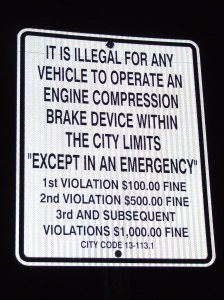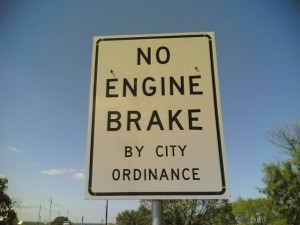I just started a new workout routine that is kicking my abs! I’ve heard about how important it is to have “core strength” – that is to build up muscle control in our back and stomach muscles. I hate doing the exercises (really, really, really hate them), but I love the results. I have better posture, balance, endurance, and incredibly, better speed.
As I was grimacing and grunting doing crunches on the balance ball, I realized that businesses need “core strength” as well. Instead of working abdominal and back muscles, companies need to work on other key abilities. According to Margaret Wheatley, author of Leadership and the New Science, there are three abilities that constitute the “core” of all organizations:
- Identity
- Intent
- Relationships
There are two skills that companies must practice in order to develop strength in these three core areas – assessing and communicating. Just like personal training, companies have to continually practice and improve these two skills in order to keep a strong core. It’s easy to have identity drift, to have behaviors that don’t match with intention, and to struggle with relationships. Even the best athletes have coaches to help them maintain their high performance. Likewise, companies need to stay focused on developing and using the skills of assessing and communicating to achieve and keep high performance.
Margaret Wheatley has some fabulous resources on her website that challenge how we understand leadership and offers alternative perspectives to maneuvering through these chaotic times. Here are some links to two articles and a video clip that are very thought provoking.
http://www.margaretwheatley.com/articles/howisyourleadership.html
http://www.margaretwheatley.com/articles/relationships.html
http://www.lcc.edu/tv/videos/speakers/cqi-wheatley.aspx
Enjoy,
Clare

